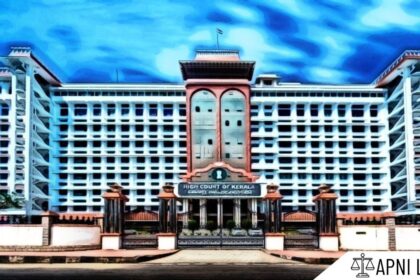On August 21, the Supreme Court highlighted the need for nationwide guidelines to regulate Bar Associations. It signalled a potential overhaul of their current operations. A Bench comprised Justices Surya Kant and Dipankar Datta. They stressed that the initiative should be seen as a long-term investment in the legal institution. It should be rather than an adversarial measure. The Court emphasised that proactive steps are necessary to ensure success in the future.
In light of this, the Bench appointed Advocate Vipin Nair, President of the Supreme Court Advocates-On-Record Association (SCAORA), as the nodal counsel to facilitate the process. SCAORA has been tasked with gathering suggestions from all Bar Associations within a four-week timeframe. It will then be compiled and circulated for further consideration.
This development stems from a petition originally focused on allegations of discrimination within the Madras Bar Association. Although the petitioners sought to withdraw these claims, the Supreme Court decided to explore the broader issue of Bar Association regulations, prompting this call for nationwide input.
During trial
During the proceedings, Senior Advocate S. Prabhakaran, representing the Bar Council of India (BCI), mentioned that notices have already been sent to Bar Associations across the country to solicit their feedback. Justice Kant clarified that the Court’s primary concern is the implementation of necessary reforms, rather than addressing specific grievances.
The Bench raised several key questions, including the criteria for admitting members to various levels of Bar Associations, from district bars to the Supreme Court, and whether a uniform or varied standard should be applied. Additionally, concerns were voiced regarding the substantial expenses involved in Bar Association elections, with suggestions for an independent regulatory body to oversee these processes.
Senior Advocate Arvind Datar proposed the formulation of guidelines to address allegations of arbitrariness in membership admissions. Thus, highlighting the demand for inclusion in prestigious associations. Justice Kant also addressed issues of integrity. Hence, referencing a case in Tamil Nadu. An individual with multiple criminal cases was elected as a Bar member. A situation he wryly remarked might be seen as a qualification.
The Court also touched on the lack of basic infrastructure for Bar members. It asked SCAORA to incorporate these issues in their report. The matter is set to be heard again in October. It expects that comprehensive suggestions will be gathered by then.









